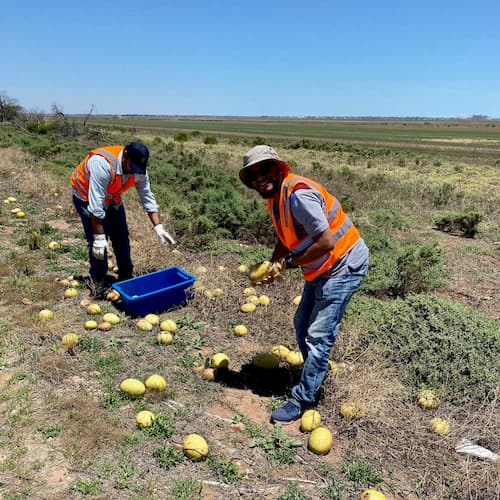A new study has found elderly men with existing cardiometabolic disease with a version of a gene associated with longevity and aging in humans appeared to have a reduced risk of death.
The gene in question, Forkhead Box O3 (FOXO3) has long been highlighted in the past as being important in the aging process.
Chronic cardiometabolic diseases of aging such as diabetes, heart disease, and high blood pressure increases the risk of death and a shorter lifespan.
The study followed 3,584 men from the Kuakini Honolulu Heart Program in Honolulu, Hawaii, to examine the effects of the longevity version (alleles) of the FOXO3 gene in men with cardiometabolic diseases – and found they lived just as long as men who did not have the disease.
The findings were presented in a paper published in
The work was conducted by an international team, including researchers at the University of Sydney and the University of Hawaii.
from the , University of Sydney was corresponding author on the paper.
“We have found for the first time that the remaining lifespan of elderly men with longevity associated alleles (versions) of FOXO3 who have one of more chronic conditions of ageing, such as diabetes and hypertension live as long as elderly men who lack any of these lifethreatening conditions,” says Emeritus Professor Morris.
“This suggests that expression of this particular version of FOXO3 in humans appears to impact what would otherwise be an increased risk for mortality in men with prevalent cardiometabolic conditions.”
Key findings
For men who had the longevity version of the FOXO3 gene and a cardiometabolic disease:
- The lifespan of the 1,181 (47 percent) of 2,512 men who had the longevity version of the FOXO3 gene and a cardiometabolic disease was on average the same as that of the 1,072 men who did not have cardiometabolic diseases.
For men who had cardiometabolic disease but did not have the longevity version of the FOXO3 gene:
- They had a 19 percent higher risk of death and much shorter lifespan.
The FOXO3 gene had no effect on lifespan for the men who did not have cardiometabolic diseases.
Gene could make cells more resistant to stress
Although the study did not investigate the mechanism of FOXO3 gene on reducing risk of mortality, the authors believe the longevity version of the FOXO3 gene is fundamental to a robust response to cellular stress that occurs throughout life.
Previous studies (unrelated to this one), show FOXO3 serves as a core regulator of cellular homeostasis, stress response, and longevity through its ability to modulate a variety of stress responses during nutrient shortage, oxidative stress, hypoxia, heat shock, and DNA damage.
The researchers suggest that this effect of the FOXO3 gene on cell resilience explains the protection provided to at-risk older individuals.
Declaration: The researchers declare no conflicts of interest.








